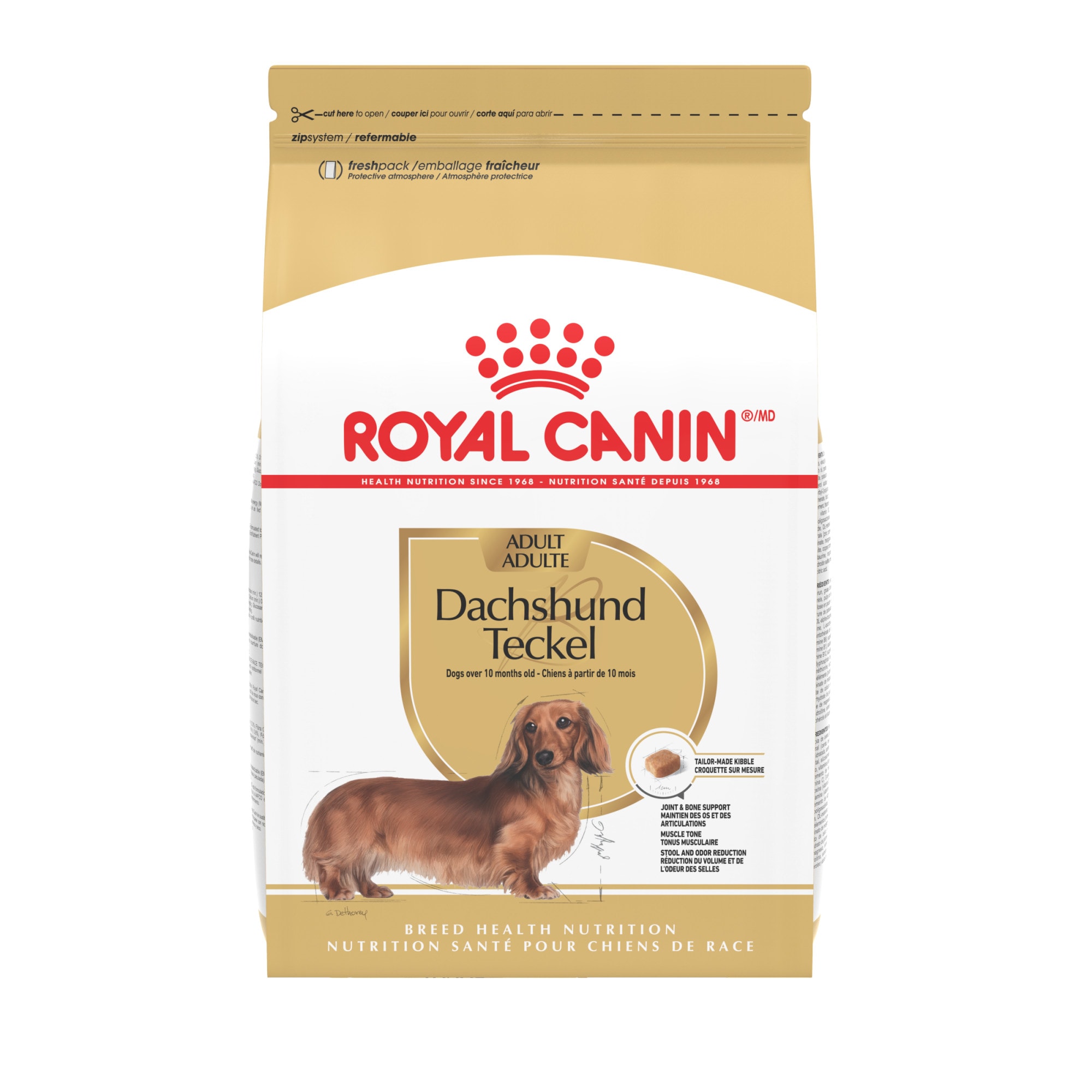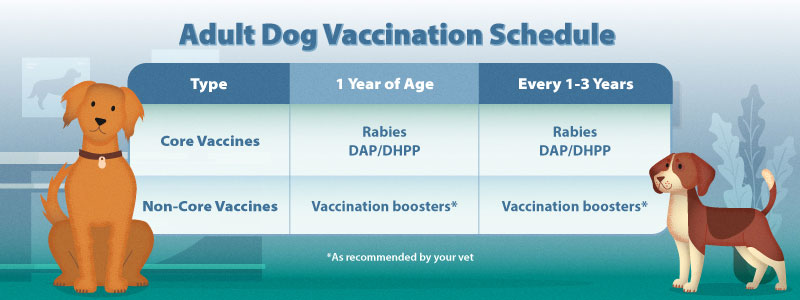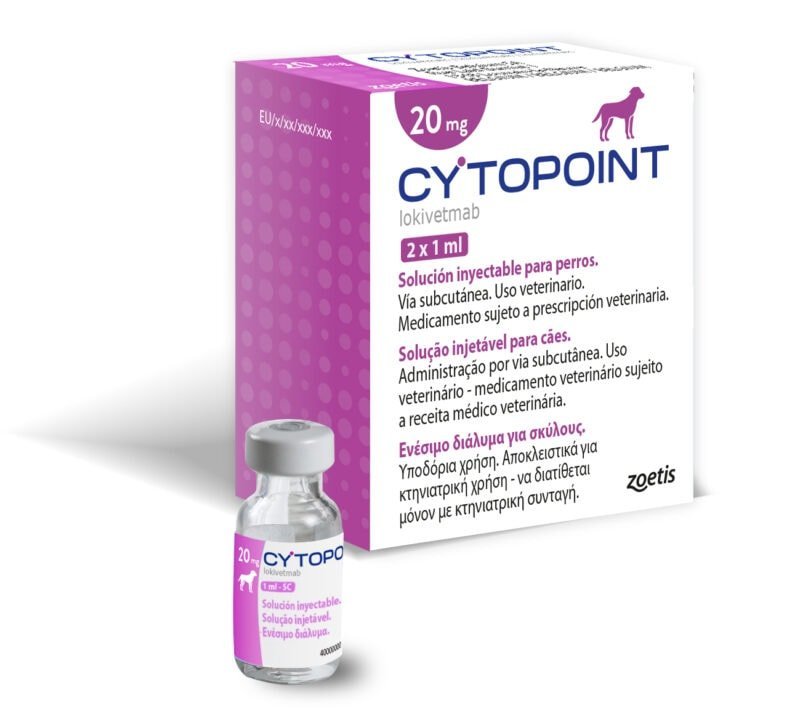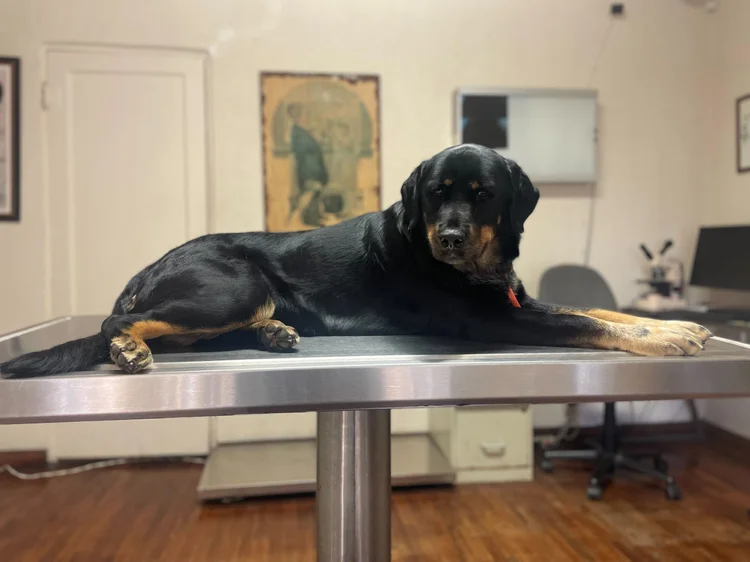Are you a dog groomer looking to save money and keep more of your hard-earned income? Knowing exactly what you can write off on your taxes can make a big difference in your business’s bottom line.
From tools you use daily to expenses you might not even realize qualify, understanding your write-offs can help you reduce costs and grow your grooming business faster. Keep reading to discover the key write-offs you should never miss, so you can keep your finances in check and focus on what you love—making dogs look and feel their best.
Eligible Business Expenses
Understanding eligible business expenses helps dog groomers reduce taxable income. These expenses are costs directly related to running the grooming business. Keeping track of them is important for accurate tax filing. Eligible expenses can cover various categories that support daily operations and growth.
Supplies And Equipment
Supplies and equipment are essential for dog grooming. You can write off items like scissors, brushes, clippers, and shampoos. Even towels and dryers used in grooming sessions qualify. Larger equipment such as grooming tables and cages also count as deductible expenses. Buying or repairing these tools is part of doing business.
Marketing And Advertising Costs
Promoting your grooming services helps attract clients. Costs for flyers, business cards, and online ads are deductible. Payments for website hosting and social media promotions also qualify. Expenses for local event sponsorships and referral programs can be included. These efforts help build a strong client base and grow your business.
Rent And Utilities
Rent for your grooming space is a common business expense. Whether you lease a salon or rent a room, it counts as a deduction. Utilities like electricity, water, and gas used in the workspace qualify too. Phone and internet bills related to the business are deductible. Keeping a comfortable, functional space is necessary for service quality.
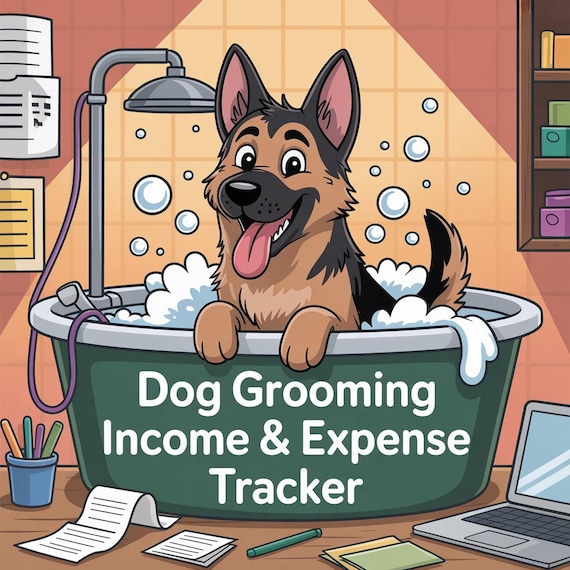
Credit: www.etsy.com
Vehicle And Travel Deductions
Vehicle and travel costs often make up a large part of expenses for dog groomers. These expenses can be deducted to reduce taxable income. Careful record-keeping is key to claiming these deductions correctly.
Tracking the miles driven and fuel used helps prove business use. Expenses connected to traveling for mobile grooming services also qualify. These deductions help lower overall business costs.
Mileage And Fuel Costs
Keep a detailed log of all miles driven for work. This includes trips to clients, supply stores, and training events. The IRS allows a standard mileage rate or actual expenses for fuel and maintenance.
- Record date, purpose, and miles for each trip
- Choose either the standard mileage rate or actual fuel costs
- Include parking fees and tolls as part of vehicle expenses
Choose the method that gives the highest deduction, but be consistent. Using the mileage log makes tax filing easier and more accurate.
Travel Expenses For Mobile Services
Mobile dog groomers travel directly to clients’ homes. This travel counts as a business expense. Keep receipts and notes for all related costs.
- Gas and oil expenses
- Vehicle repairs related to business use
- Parking fees and tolls during appointments
- Costs for overnight stays if traveling far
Separate personal and business travel clearly. Only business-related travel expenses qualify for deductions. This helps maximize tax savings while staying compliant.
Professional Development
Investing in your skills as a dog groomer is more than just good business sense—it’s an expense you can often write off. Professional development expenses help you stay competitive and improve your services. These costs can add up, but knowing what qualifies can ease the financial burden.
Training And Certification Costs
Costs for training courses and certification programs related to dog grooming are typically deductible. This includes fees for online classes, in-person workshops, and even specialized training like handling specific breeds or learning new grooming techniques.
Think about the last time you paid for a certification or a training seminar. That expense directly improves your skill set and your business’s credibility. It’s practical to track these costs carefully, from tuition to course materials.
Industry Conferences And Workshops
Attending industry conferences and workshops counts as a deductible expense if they relate to your grooming business. These events often provide valuable networking opportunities and insights into new tools and trends.
Consider the travel, registration fees, and even meals during these events as part of your write-offs. Have you ever noticed how the knowledge gained at a conference can lead to better client satisfaction or higher service rates? That’s not just growth—it’s a smart investment.

Credit: www.simplybusiness.co.uk
Insurance And Licensing
Insurance and licensing are essential expenses for dog groomers. These costs protect your business and keep it legal. Knowing what you can write off helps save money. Both insurance and licensing fees qualify as deductible business expenses.
Business Insurance Premiums
Business insurance protects your dog grooming service from risks. This includes liability, property damage, and worker’s compensation. The premiums you pay for these policies are tax-deductible. Keep records of all insurance payments. Deducting these costs lowers your taxable income and eases financial pressure.
Licensing Fees
Licensing ensures your dog grooming business meets local rules. Fees paid for permits and licenses can be written off as business expenses. This includes health department permits or business operation licenses. Maintaining valid licenses is crucial for running your business legally. Saving on these fees through deductions helps your bottom line.
Employee And Contractor Costs
Managing employee and contractor costs is a key part of running a successful dog grooming business. Understanding what expenses you can write off helps you keep more of your earnings and invest back into your work. Let’s break down how wages, salaries, and contractor payments come into play for your tax deductions.
Wages And Salaries
Paying employees means you can write off their wages and salaries as business expenses. This includes not just their hourly pay or salary but also bonuses and commissions related to their grooming work. If you provide benefits like health insurance or retirement contributions, those costs are deductible too.
Think about the last time you hired an assistant groomer or receptionist. The money you paid them directly reduces your taxable income. Are you tracking these payments carefully? Accurate records will make it easier to claim these deductions without trouble.
Contractor Payments
Many dog groomers hire contractors to handle overflow work or specialized tasks, like mobile grooming or photography. Payments to these contractors count as deductible expenses, but you need proper documentation like contracts and invoices. This helps prove the payments were for business services.
Have you considered working with freelance groomers during busy seasons? Their fees can be written off, just like employee wages, but remember to issue Form 1099 if you pay them $600 or more in a year. This keeps your tax filings transparent and compliant.
Record Keeping Strategies
Keeping clear records helps dog groomers track expenses and save money on taxes. Good records show exactly what can be written off. This reduces stress during tax time and avoids mistakes. Organizing receipts and using tax software makes the process easier. These strategies keep your financial information safe and easy to find.
Organizing Receipts
Sort receipts by category like supplies, equipment, or travel. Use folders or envelopes labeled by month or type. Store paper receipts in one place to avoid losing them. Take photos of receipts with your phone for backup. Keep digital copies on your computer or cloud storage. Regularly review receipts to spot missed deductions. This simple habit saves time and money during tax filing.
Utilizing Tax Software
Tax software helps track income and expenses automatically. It organizes data and categorizes deductions correctly. Many programs let you upload photos of receipts directly. Software reduces errors by checking for common mistakes. Some offer reminders for important tax deadlines. Choose software designed for small businesses or freelancers. Using tax software keeps your records accurate and easy to manage.
Common Mistakes
Handling your taxes as a dog groomer can get tricky, especially when it comes to what you can write off. Many professionals miss out on valuable deductions because of simple mistakes. Understanding these common errors can help you keep more of your hard-earned money.
Overlooking Small Expenses
Small expenses might seem insignificant, but they add up fast. Items like grooming scissors, shampoos, and even cleaning supplies for your workspace are deductible. If you ignore these, you could lose out on important savings.
Think about every purchase you make for your grooming business. Have you ever bought nail clippers or towels and forgotten to record it? These small costs are just as deductible as bigger expenses, so track them carefully.
Misclassifying Deductions
It’s easy to confuse personal and business expenses, but mixing them up can cause problems during tax time. For example, if you use your phone for both personal and work calls, only the business portion is deductible. You need to separate these expenses clearly.
Ask yourself: Is this item or service essential for my dog grooming business? If yes, it likely qualifies as a business deduction. If you’re unsure, keep detailed notes or consult a tax professional to avoid costly mistakes.
Seeking Professional Advice
Seeking professional advice can make tax time easier and less stressful. Dog groomers face many rules about what expenses count as write-offs. A small mistake can lead to penalties or missed savings. Experts help you understand complex tax details. They guide you to claim the right expenses and stay legal.
Hiring A Tax Professional
Tax professionals know the rules for dog grooming businesses. They find deductions you might miss on your own. These experts prepare your taxes correctly and on time. They save you time and reduce stress during tax season. Choose someone with experience in small business taxes.
Understanding Tax Regulations
Tax laws change often and can be confusing. Knowing which expenses qualify as write-offs is key. A professional explains rules clearly and simply. They help you track expenses like supplies, equipment, and business space. This knowledge prevents errors and audits.

Credit: www.instagram.com
Frequently Asked Questions
What Expenses Can Dog Groomers Write Off?
Dog groomers can write off supplies, equipment, and grooming products. They may also deduct travel expenses and business-related training costs.
Can I Deduct My Grooming Tools And Equipment?
Yes, grooming tools and equipment are deductible as business expenses. Keep receipts and records to support your deductions.
Are Home Office Expenses Deductible For Dog Groomers?
If you groom dogs at home, part of your home expenses may be deductible. This includes a portion of rent, utilities, and insurance.
Can I Write Off Advertising And Marketing Costs?
Yes, costs for advertising your grooming services, including flyers and online ads, can be written off as business expenses.
Conclusion
Knowing what expenses to write off helps save money as a dog groomer. Track all costs carefully to claim the right deductions. Tools, supplies, and even part of your home may qualify. Keep good records to avoid trouble with taxes.
Small savings add up over time and help your business grow. Stay organized and informed to make the process easier. Writing off expenses is a smart way to manage your finances well. Every dollar saved counts toward your success.

